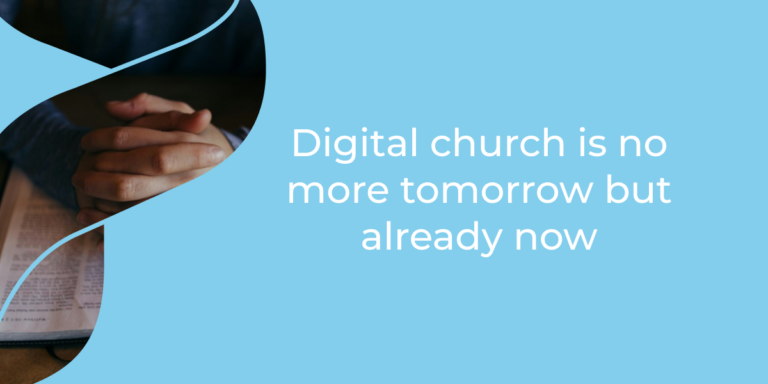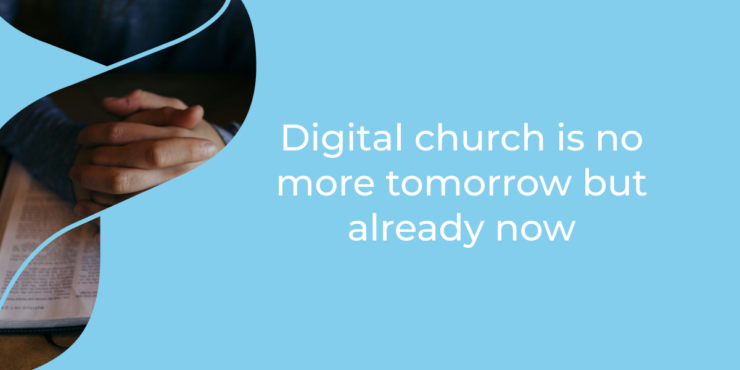We are all aware of the mental health epidemic that is sweeping across the nation. In fact, this has been ongoing for decades now. The only difference today is the availability of media consumption. While the crisis wasn’t as full-fledged as it is today, it was still prevalent. However, stigma was a massive obstacle for countless individuals. As such, many people shied away from seeking professional help. Thankfully, those days seem to be in the rear-view mirror. The amount of people going to therapy is at an all-time high.
There is no doubt that therapy is the most effective tool today in combating a mental disorder. The advancements that have been made under the DSM-V is simply incredible. Although there’s still a lot to learn, psychologists and scientists alike now have a far better understanding of mental illness on the whole. And, this is a large part of the reason why people who need help actually go for help. They understand the benefits of traditional therapy.
With all the advancements and popularity in the field of academic, mental health, there has also been a growing demand for religious-based therapy. Remember, there is still a large portion of the population who are devout Christians, many of whom want some form of religion involved in their therapy sessions. However, there are some concerns about the efficacy of religious-based therapy. It is known to use generally accepted secular psychological practices, with the foundation of the sessions being guided by the Bible and Christ.
Some therapists have argued against it. Additionally, Christian therapy has oftentimes been noted to be “pretty dark.” Then there are others who suggest that “incorporating spirituality into therapeutic environments could bring new treatment options into the limelight.” So which one is it? Do you go for straight-up professional counseling or one where the Bible plays a role in your therapeutic process?
The Case for Traditional Counseling

We all know the benefits of traditional counseling. You would be hard-pressed to find even a religious counselor who does not recommend traditional therapy to their clients. Mental illness is a ‘scientific’ disease and all licensed practitioners realize this. Therapy should always be conducted by using accepted academic methods, which is based on research studies. This in it of itself makes traditional counseling a safe and effective option.
But, Is There a Case for Christian Counseling?
It is no secret that some therapists consider this form of therapy as controversial, as alluded to above. It’s still an emerging practice, and as such, more insights are required into the efficacy of it all. However, so far there has been evidence to suggest that this type of therapy has shown “greater closeness with their therapists and greater improvement in their presenting concerns when receiving religious interventions than did clients with low religious commitment.”
Moreover, we need to remember that not everyone is seeking out therapy only for a medical issue. Many religious people consider going to therapy, according to E-counseling, because they “experience hardships and cracks in their spiritual journeys.” Clinical mental health professionals who are not ordained likely cannot help in this regard.
How Would This Type of Therapy Work?

Okay, so we now have a full picture of Christian therapy in that it incorporates both the clinical and Biblical sides into the therapy session. Now let’s explore what you can expect from it.
- Establishing a rapport. Once you choose your therapist, don’t freak out. Remember that these are professional counselors with extensive training in both academia and Christianity. This should help make building a rapport an easy feat.
Understanding your needs. The therapist is there to help you, and only you. There are no ulterior motives. If you need help with both a mental illness and strengthening your faith, understand that your counselor will be able to help you address both of these. - It’s all about values and faith. Once you are settled in, your counselor will likely hone in on your values and faith, and use these to your advantage. No, it’s not a form of manipulation either. They are simply using things that are already embedded in you from a young age and bringing them back to the surface. This should help put you back in the right mental and/or emotional frame of mind. This, in turn, should help you regain your sense of purpose in life.
- Coming back to God. Once you regain your religious faith and values, the counselor’s objective is then to help you build on top of that foundation, by trying to find ways to help you reconnect to God. It’s important to note that the clinical aspect of therapy will not fade away, even as you go farther along in the therapy process. It will always be an underlying basis to the therapy process, regardless of how religious you or your counselor are.

As is the case with virtually everything in life, there is a process. Do not expect therapy to be short and simple. But, if you stick to it, therapy (Christian or not) mostly helps people all over the world. That is not to say that therapy is a guaranteed success; it isn’t. There are a number of factors at play that could go wrong. But, sticking to a process and trusting your counselor can be the ultimate difference-makers of it all. This has worked for numerous people in need of support – both religious and non-religious people. There is no reason why it can’t and shouldn’t work for you.
Lastly, and to sum up, we should always keep in mind that although the foundation of Christian counseling is based on the Bible and Christianity, the clinical aspect of therapy is not left out. This is a pretty large misconception among the general population. Therapy, no matter for whom, should be (and is) largely centered around standard medical practices. Therefore, finding a Christian therapist should be considered as a viable option.
For more information about traditional counseling, see BetterHelp.










